

View the presentations in this CME activity and complete the evaluation. Your certificate will be mailed to you upon satisfactory completion of these documents.
Introduction & Pre-CME Questions
The Cardiorenal Syndrome in Diabetes, Epidemiology and Economic Impact
Janani Rangaswami, MD
Classification, Pathophysiology and Diagnosis of The Cardiorenal Syndrome
Peter A. McCullough, MD
Contemporary Approach to Management and Prognosis of the Cardiorenal Syndrome in Diabetes
Hector O. Ventura, MD
Emerging Therapies: The SGLT2 Inhibitors in People with T2D at Risk for Cardiorenal Syndrome
Mark E. Molitch, MD
Q&A Panel Discussion: Practice Implication of CRS- Management and Prevention - Case based
Panel: Yehuda Handelsman, MD • Mikhail N. Kosiborod, MD • Peter A. McCullough, MD
Mark E. Molitch, MD, Janani Rangaswami, MD • Hector O. Ventura MD • Matthew R. Weir, MD
Moderator: Norman E. Lepor, MD
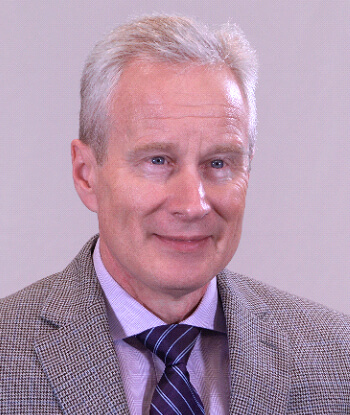
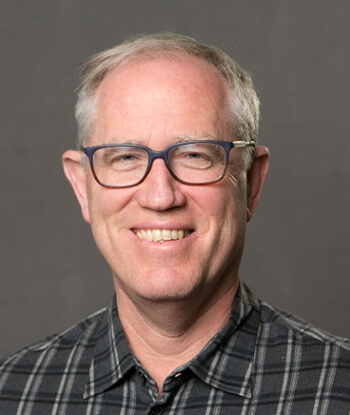
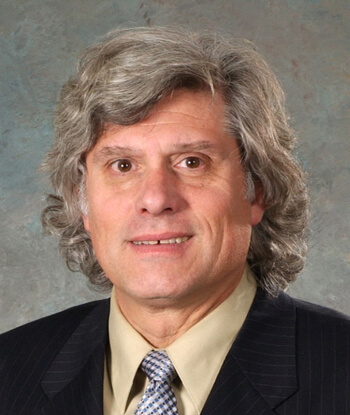
Professor of Medicine
Tulane University School of Medicine
Adult Congenital Heart Disease, Heart Failure & Transplantation
Section Head Heart Failure and Heart Transplantation Ochsner Clinic
President, Louisiana Chapter of the American College of Cardiology
New Orleans, Louisiana
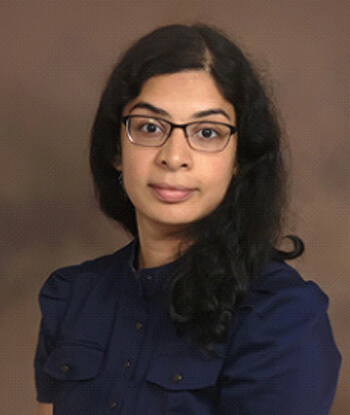
Clinical Associate Professor
Sidney Kimmel College of Thomas Jefferson University
Associate Program Director
Department of Medicine/Nephrology
Einstein Medical Center
Philadelphia, Pennsylvania
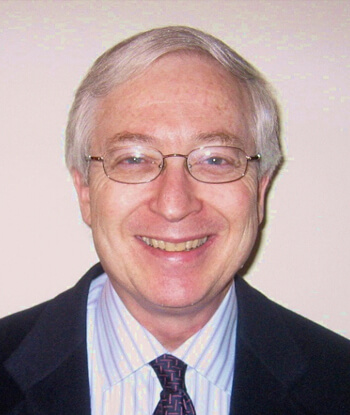
Emeritus Professor of Medicine
Division of Endocrinology, Metabolism & Molecular Medicine
Department of Medicine
Northwestern University Feinberg School of Medicine
Chicago, Illinois
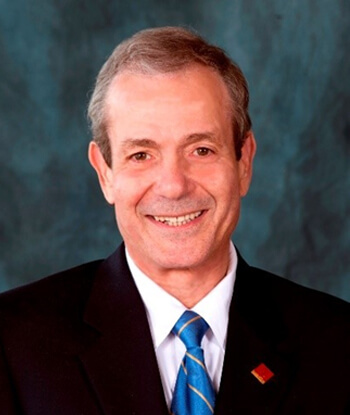
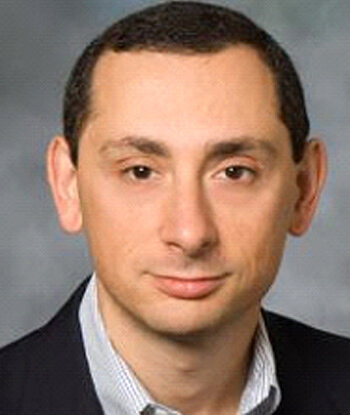
Chronic kidney disease (CKD) and congestive heart failure (CHF) have major adverse effects on affected individuals and on society. CKD and CHF are closely related, and both share common pathophysiological pathways with type 2 diabetes, including hypertension, inflammation, oxidative stress, and increased renin-angiotensin-aldosterone system activity. Approximately 37% of patients with diabetes and 18% of those with prediabetes have CKD. Medical care for CKD in diabetes accounts for 29% of direct medical costs. Meanwhile, the incidence of CHF is 2.8 times higher in patients with both diabetes and CKD, and over half of heart failure patients have moderate to severe CKD. The relationship between CHF and CKD has been termed the Cardiorenal Syndrome (CRS), which, once developed in individuals, promises a grave outcome. The CRS may be acute or chronic and initiated from the heart or from the kidney.
In this CME activity will examine the epidemiology, pathophysiology and classification of the CRS. We'll evaluate contemporary approaches to management and emerging concepts, specifically the SGLT2 inhibitors. The CME activity will conclude with a case-based panel discussion to identify the best approaches for individual patients.
Upon completion of this CME activity, participants should be able to:
This educational initiative is designed for cardiologists, endocrinologists, nephrologists, family physicians, internists, diabetologists, nurse practitioners, physician assistants, diabetes educators, and other healthcare professionals interested in the pathophysiology, prevention, and treatment of diabetes, obesity, kidney disease, cardiovascular disease, and associated conditions, as well as the effect of these conditions on health and society.
This activity has been planned and implemented in accordance with the Essential Areas and Policies of the Accreditation Council for Continuing Medical Education (ACCME) through the joint providership of PESI Inc., and Metabolic Endocrine Education Foundation (MEEF). PES Inc., is accredited by the ACCME to provide continuing medical education for physicians.
PESI, Inc, designated this enduring activity educational activity for a maximum of 2 AMA PRA Category 1 Credit(s). Physicians should only claim credit commensurate with the extent of their participation in the activity.
For information please contact: [email protected] or 818 342 1889
This is a CME Program Supported by an Educational Grant from Astrazeneca